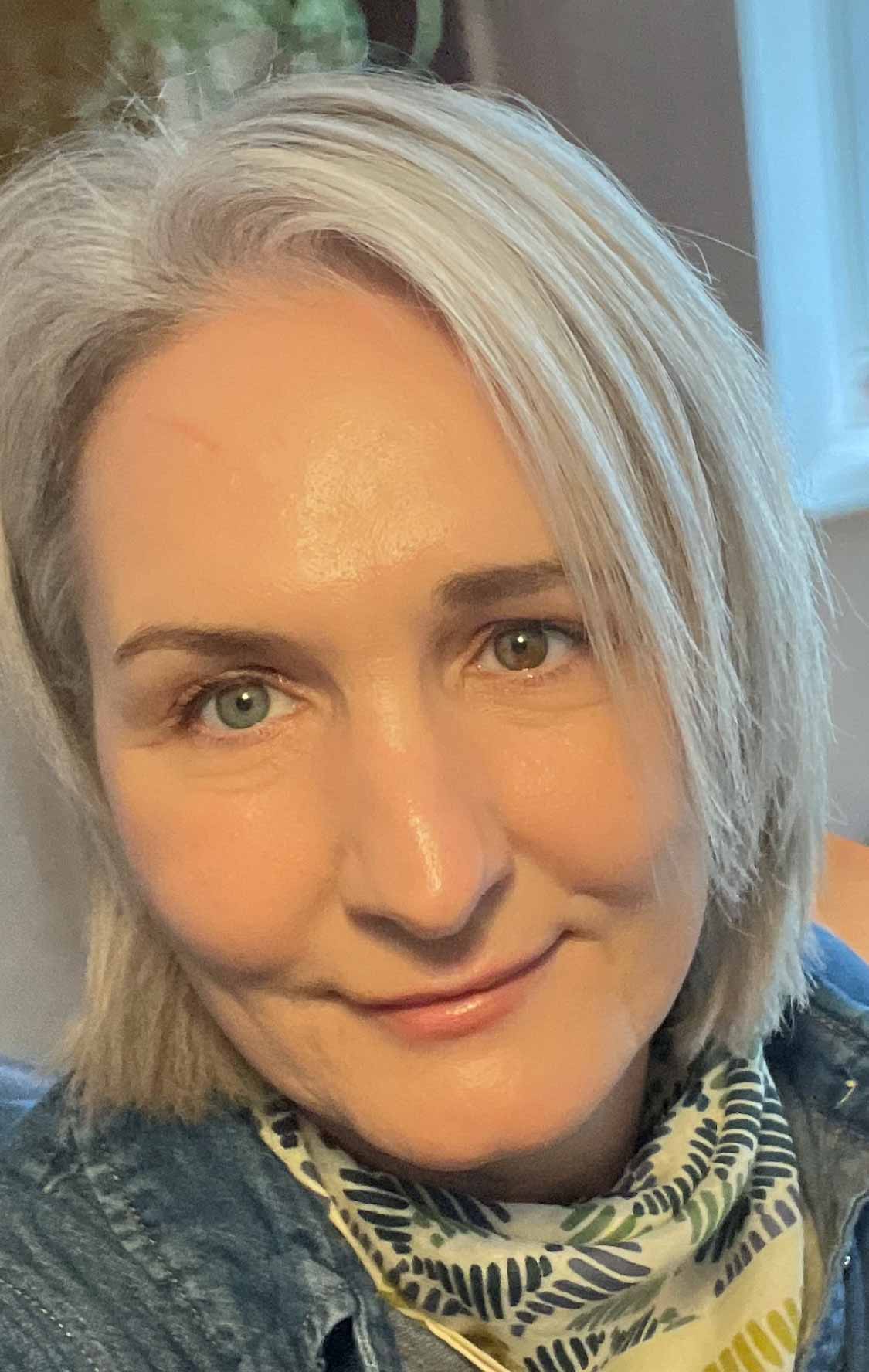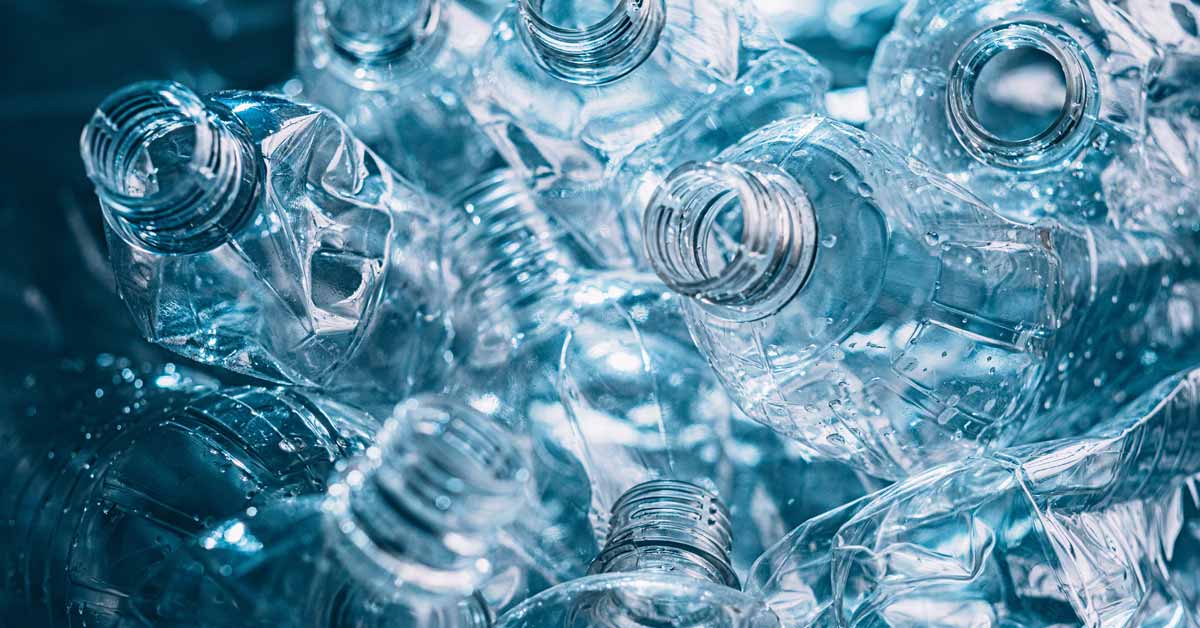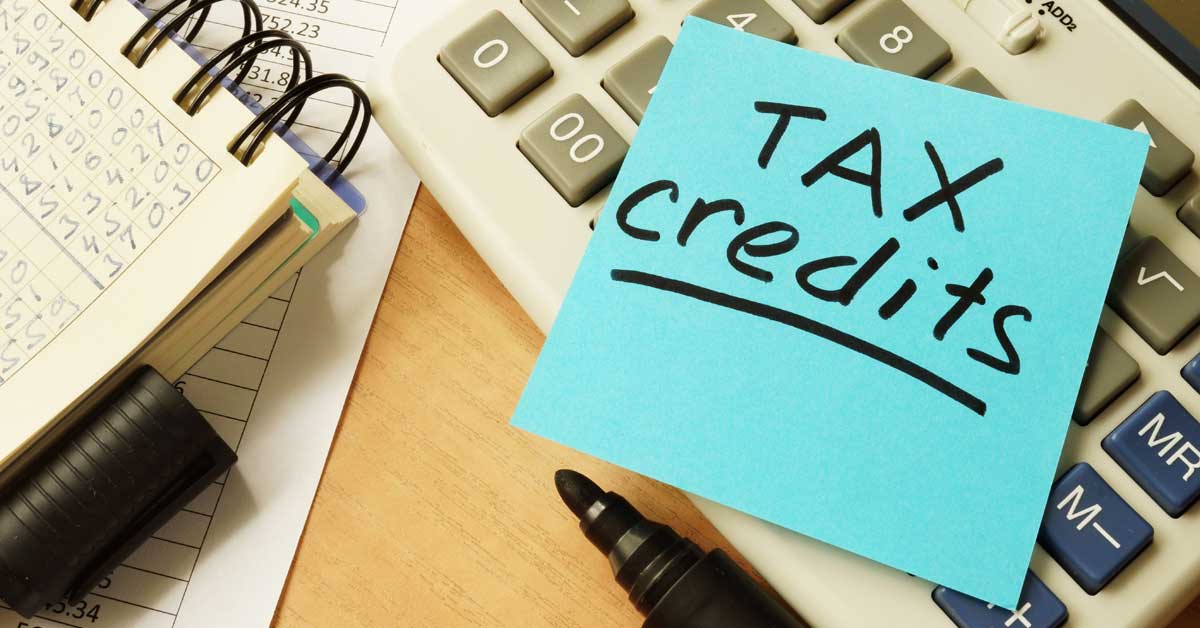4 min read
European Bioplastics Conference Panel Discussion: What Future in Europe?
 Jane Denny
:
Jan 11, 2024 12:00:00 AM
Jane Denny
:
Jan 11, 2024 12:00:00 AM

As the world looks to meet the Net Zero aspirations considered vital to a sustainable future, plastics occupy an increasingly precarious position.
At almost a century since their inception, petroleum-based plastics remain vital to modern life. That criticality means many millions of euros are being pumped into assuring their future.
But, to borrow a line from Burkhard Ohs of Finnish oils refinery company Neste, “compared to other industries, plastics cannot be decarbonized, but only de-fossilized”.
In fact, this observation within Ohs’s co-presentation to the hundreds of delegates to EBC 23, the European Bioplastics Conference held in Berlin in mid-December, captures one of the sector’s complexities.
It is however, one of many that plastics industry participants, legislators and innovators tackle in their daily working lives.
'No Circularity Without Biobased Input'
As the program manager for renewable plastics at Wageningen University & Research in The Netherlands Karin Molenveld’s work encompasses recycling, biodegradation and  biobased plastics development. She firmly believes that there is no circular economy without biobased input.
biobased plastics development. She firmly believes that there is no circular economy without biobased input.
There’s a lot of attention on waste, Molenveld (pictured right) told delegates. “But that's like a bucket for a leaking roof. And there should be much more attention on what we put in."
While admitting that recycling is important, she said it is too widely considered the main solution, with "biobased [inputs] coming in where we find the losses".
“But I would like to put it differently: We have to stop the roof from leaking, so we have to switch to biobased plastics, and we have to do that efficiently. Recycling is a way to reduce the feedstock needs."
We must increase the focus on biobased feedstock as recycling will deliver only half the virgin feedstock replacement needed.
Karin Molenveld, Wageningen University & Research Program Manager
With Europe's policy an example to the world, "we need to use it wisely". She said that recycling would deliver only half the virgin feedstock replacement needed—"if we are lucky".
“Increase the focus on biobased and curb the hurdles. Yes, it should be sustainable but we should put targets for yields for the recycling chain also.”
'Bioplastics Bottle Just Half Full'

Roberto Ferrigno is head of EU public affairs at European Bioplastics—EBC conference organiser. Pointing to his full bottle of water, Ferrigno explained that the bottle represents what is being achieved in research and development thanks to the European Commission.
But, Ferrigno (pictured above) told delegates, "the neck of the bottle is empty".
The emptiness represents "the practical political implementation of what we are achieving in terms of research.
The bottleneck [in meeting sustainability goals] comes from a lack of willingness by EU institutions and some member states.
Roberto Ferrigno, European Bioplastics Head of EU Public Affairs
“So, research the bottle is full, politically the bottle is empty. And we have this huge bottleneck due to lack of willingness within European institutions and in particular a few member states.
Harnessing Biowaste Potential
Turning his attention to biowaste, Ferrigno blasted Europe's 16% record for separate biowaste collection and treatment. In terms of biobased production, about 100 million tons is produced every year. Only 16% is separately collected and treated in composting.
He blamed composters' addiction to subsidies for energy generation. "They can produce biogas and biomethane, which goes back to the issue of unequal access to biomass.
"We are obsessed with energy generation and we are burning forests for energy generation. That's something our ancestors did thousands of years ago. And we still consider it a renewable energy production..?"
He urged open debate with the forestry sector and farmers on how to use biomass more sustainably.
We burn forests for energy generation, which our ancestors did thousands of years ago, and we still consider it renewable.
Roberto Ferrigno
Commercializing European Bioplastics R&D
.jpg?width=200&height=271&name=Silvia-Maltagliati%20(1).jpg) Silvia Maltagliati is a European Commission policy officer in circular economy and biobased systems.
Silvia Maltagliati is a European Commission policy officer in circular economy and biobased systems.
She addressed what many view as too great a chasm between Europe's bioplastics R&D and the commercial readiness of its endeavours.
Suggesting that Europe’s “14 so called flagships bridge the research side to the real world”, Maltagliati (pictured right) sees these “industrial installations as instruments in bringing innovation to market levels”.
We must continue to innovate in the sector whatever will end up in the final text of the regulation for packaging and packaging waste.
Silvia Maltagliati, European Commission Policy Officer
Secondly, she pointed to European taxonomy regulation as a possible instrument to be to be used to leverage investors and investments. "We need to continue to innovate in the sector [to meet] whatever will end up in the final text of the regulation for packaging and packaging waste.
“There are provisions to make plastics in general and bio plastics not only sustainable but also using less harmful substances, recyclable and reusable, refillable and many other aspects,” Maltagliati told delegates.
Bioplastics versus Bioenergy Targets
 Nicolas Hark, a nova Institute senior specialist in policy and strategy, highlighted how bioenergy targets impact aspirations for realising bioplastics' potential.
Nicolas Hark, a nova Institute senior specialist in policy and strategy, highlighted how bioenergy targets impact aspirations for realising bioplastics' potential.
These targets are in place, Hark (pictured left) said, and will be enforced with incremental increases over the years until 2050.
Bioenergy targets will draw on biomass that would be available to bioplastics. We must incentivise to level the playing field.
Nicolas Hark, nova Institute Senior Specialist Policy & Strategy
"This will occupy a lot of the biomass that would also be available for bioplastics. To switch that back to a level playing field—or a little more towards bioplastics—we must have similar incentives in bioplastics."
A Transatlantic Perspective on Bioplastics
Rhodes Yepsen is an executive director at a North American authority on compostable products and packaging, the Biodegradable Products Institute.
He called for greater collaboration between stakeholder parties.
There is isolation of different policies that need to be talked about in concert, which is ridiculous.
Rhodes Yepsen, Biodegradable Products Institute Executive Director
 "Unfortunately, what we see worldwide is the isolation of different policies that need to be talked about in concert. It's very common for governments to have segmented groups talking about plastic packaging separate from climate change and organic waste and waste processing and policy about that.
"Unfortunately, what we see worldwide is the isolation of different policies that need to be talked about in concert. It's very common for governments to have segmented groups talking about plastic packaging separate from climate change and organic waste and waste processing and policy about that.
Branding the situation "ridiculous", Yepsen (pictured right) urged for greater interdisciplinary discussion globally.
Endgame For a More Sustainable World
It seems sensible for the world to take a leaf from Ferrigno's and the European Bioplastics manifesto. He told delegates the association is "calling on governments, members of parliament and the new EU commission with a clear manifesto."
"To implement a real industry plan for biopolymers. To provide and facilitate access to finance and facilitate regulatory implementation at national level."
This seems to be a much-needed approach for an industry with such high potential and aspirations but lacking the guidance, regulation and legislation to achieve what's possible.
Glycerine: 21st Century Biobased Feedstock Sweet Spot





![[Video] Molecules to Markets Episode 1: Chemical Markets Begin 2026 in a Supply-Driven, Margin-Sensitive Environment](https://www.resourcewise.com/hubfs/images-and-graphics/blog/chemicals/2026/weekly-video-series-molecules-to-markets/CHEM-Weekly-Video-Series-Molecules-to-Markets-Episode-1.png)
